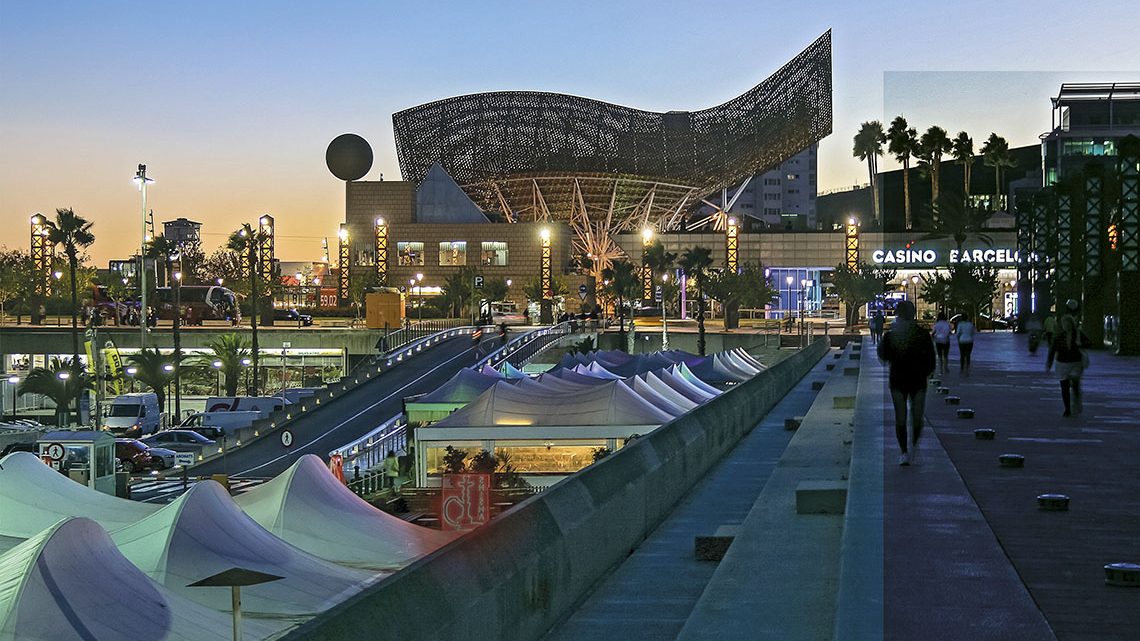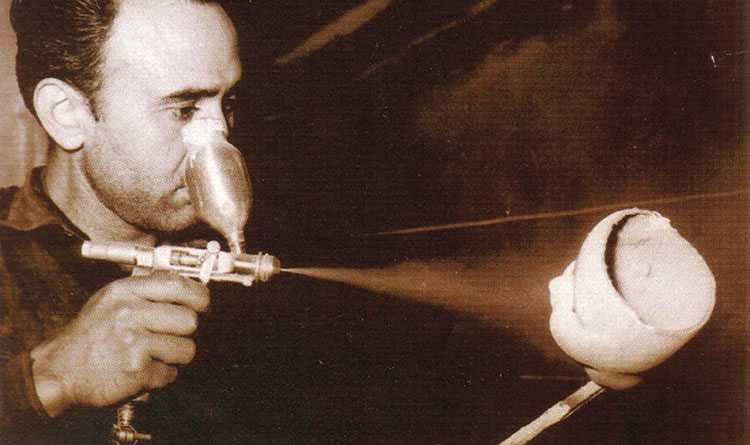Whether it is a cargo terminal, a yacht club, a luxury marina or a waste collection service, the facilities and services of Spanish ports are subject to a public concession. This is due to the fact that Spanish law establishes that both the land and sea areas where port activity takes place are State property. Therefore, they constitute a public domain, and cannot be sold or seized, although they may be occupied and their use can be conceded to the private sector for a specific period of time paying the corresponding fees.
These services subject to concession include port services, such as berthing, loading and unloading, stowage, pilotage and towing, repairs, supplies (water, fuel, electricity, cleaning, etc.), and commercial services: hotel and catering or nautical sports and leisure activities, among others; some with high added value, such as those linked to luxury nautical sports, a booming sector with a high economic impact on port hinterland (area of influence).
Among the services subject to a concession are those relating to the port itself and commercial services
For each case, the awarding of port services and activities is carried out through legal authorisation, for those that do not require permanent infrastructures, and for a maximum of three years, or through a public concession, at the request of the applicant or at the initiative of the port authority. The duration of concessions is very important to the operation of the port system, as applicants must make a long-term plan, propose new investments and assume all financial risks in compliance with the parameters established by current legislation.
Since 2015, Ineco has been providing technical support to Puertos del Estado for the analysis of the files subject to these extensions. More than 300 extension requests have been submitted to 28 port authorities.
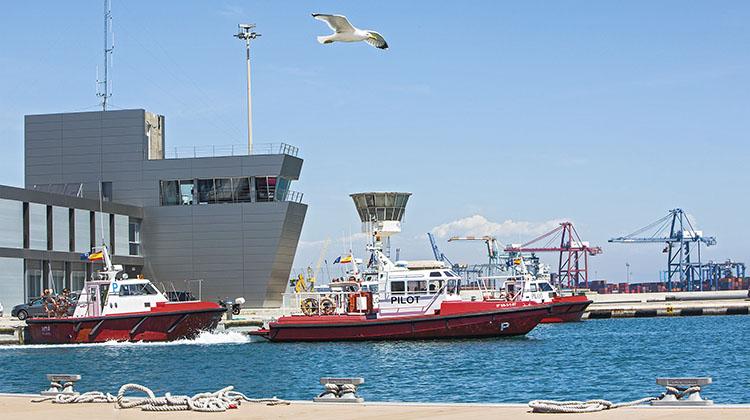
Port of Valencia pilots’ base. / PHOTO_VALENCIAPORT
Since the start of the project, Puertos del Estado has coordinated meetings with the different port authorities together with Ineco and has participated in the preliminary work to standardise the criteria for processing the requests for extension of deadlines, in order to improve the analysis and speed up the drafting and issuing of reports.
It should be noted that, due to the procedure carried out, and reviewed at the end by Puertos del Estado with the company’s support, concessionaires are making significant investments to improve the productivity and environmental quality of their operations, by introducing new technologies that increase their competitiveness in the ports.
Ineco also provides technical assistance for land valuations, reports on the concessionary use of lighthouses and advice on the management of extensions.
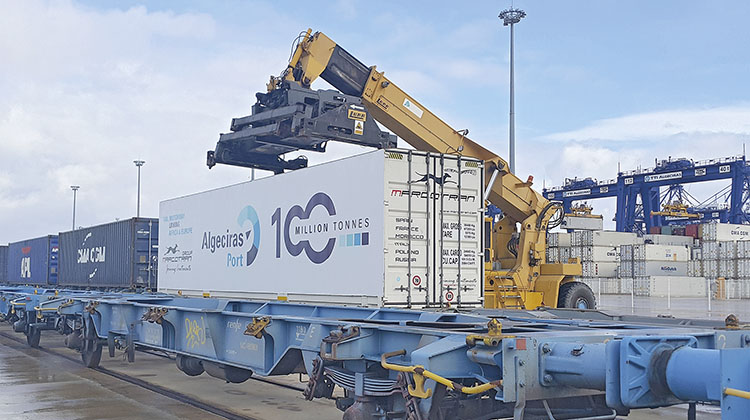
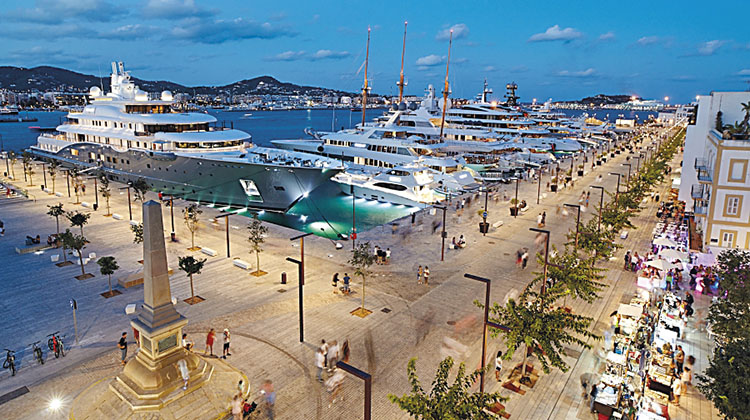
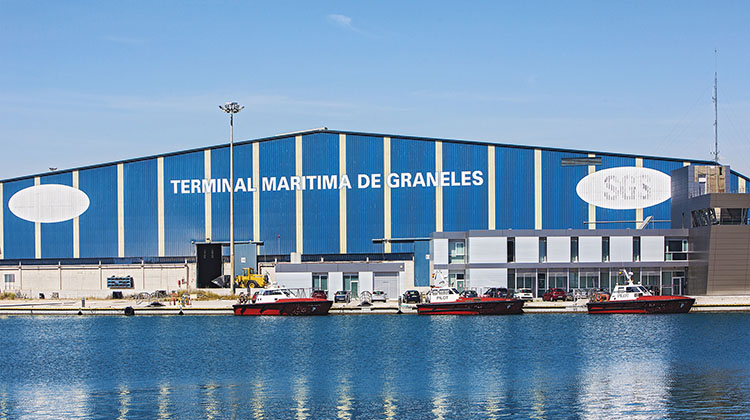
More involvement of the private sector
In addition to extending the maximum limit of the concessions, Royal Decree Law 8/2014 has also made other changes in the management of Spanish ports, which open up new ways of participation for the private sector. Among them, a new case of extraordinary extension associated with the funding of port connectivity infrastructures and improvement of freight transport networks, as well as the creation of the Financial Fund for Land Access to Ports. With these measures, the extension of the concessions is linked to the contribution of the successful bidders to the improvement of land connections to ports, promoting their intermodality, one of the main axes of national and European transport policies.
Another of the novelties of the 2014 regulatory change was the lifting of the ban on the use of certain disused port infrastructures located within the public port domain, such as lighthouses, for hotel, hostel or accommodation purposes. Puertos del Estado launched the project ‘Spanish Lighthouses’ (see ITRANSPORTE 60) in 2015 to give new complementary uses to part of these facilities such as the lighthouse keepers’ dwellings, without affecting their operation as maritime signalling elements, while ensuring their conservation as historical heritage. Therefore, 187 lighthouses throughout Spain were analysed and inventoried for this purpose. Ineco developed the website that gives visibility to the initiative, and the platform on which the inventory can be accessed.
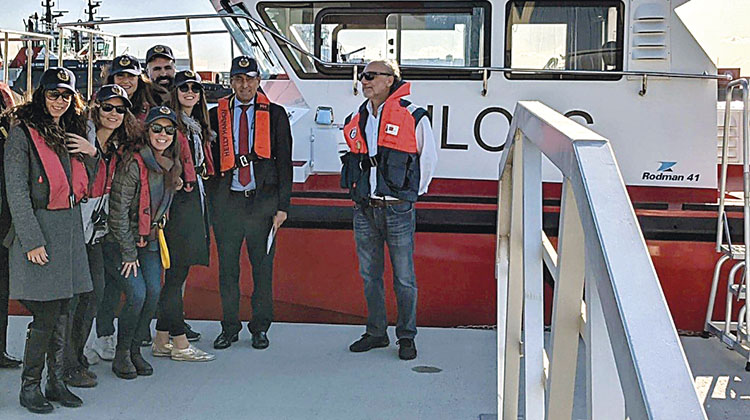
Ineco organised a visit to the port of Valencia, in coordination with the Directorate of Operations of Puertos del Estado, to know in detail its operation and internal structure.
Although some of them already had facilities such as exhibition halls, training or research centres or cafeterias, until 2014 none of them had been converted into tourist accommodation, as has already been done in other European countries, the USA, Chile, South Africa or Australia. As part of the port public domain, the refurbishment and operation of the former lighthouse keepers’ dwellings is subject to a public concession, pending the approval of the corresponding port authority. The Isla Pancha Lighthouse, in Lugo was the first to be converted into a hotel in 2017, followed by Punta Cumplida, in Tenerife, in 2020, through a 35-year public concession awarded to the German company Floatel. In the meantime, half a dozen other similar projects are still in the pipeline throughout Spain.
A legislative change for competitiveness
Spanish ports are governed by the Consolidated Text of the Law of Puertos del Estado and the Merchant Navy, approved by the Royal Legislative Decree 2/2011, of 5 September (TRLPEMM). On 5 July 2014, Royal Decree Law 8/2014, of 4 July, approving urgent measures for growth, competitiveness and efficiency, was published in the Official State Gazette. This regulation amended article 82 of the TRLPEMM, extending the maximum term of port concessions to 50 years and adding a transitional provision, subject to certain requirements, that allowed the extension of the initial term of concessions granted prior to the entry into force of the Royal Decree Law. Subsequently, Law 18/2014, of 15 October, approving urgent measures for growth, competitiveness and efficiency, definitively approved both precepts. In application of the Law, the concessionaires of the authorities of ports of general interest were granted a period of one year to request an extension of the initial term of their concessions. This period could be extended by the port authorities, at the request of the concession holder, subject to a binding report from Puertos del Estado.
Land lord: a mixed model For Spanish ports
In Spain, the European country with the most kilometres of coastline, ports are infrastructures of great importance, not only in the transport sector, but also in other major sectors of the national economy, such as tourism. There are currently 46 ports classified as being of “general interest”, managed by 28 port authorities, coordinated by the public body Puertos del Estado. The rest are managed directly by the autonomous communities, through their own port laws.
In addition to commercial ports, Spain has some 300 marinas along its coastline, most of them in the Mediterranean.
The Spanish ports are managed under the land lord system, a decentralised system in which port authorities have a high degree of authority to make their own decisions and apply business judgement, which is considered to improve economic and operational efficiency.
This model is the most widespread in Europe: port ownership is state-owned –a condition that, in the case of Spain, is maintained even in ports managed by the autonomous communities– and it is the private sector that provides the services, unlike the tool lord model, in which ownership and services are combined under a single public or private agent.


